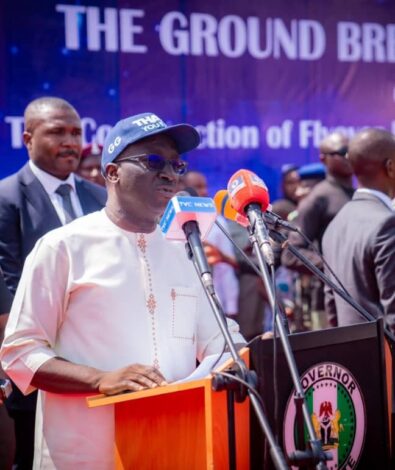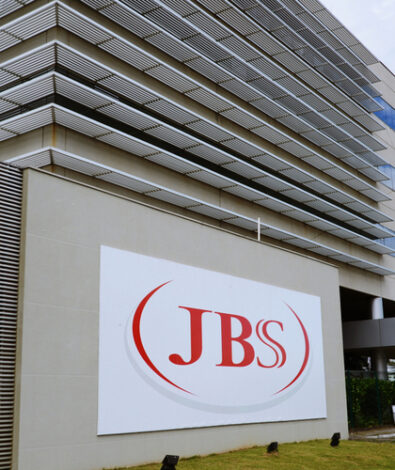High interest rate on CBN’s T-Bills drying up funds from the private sector- LCCI

The Lagos Chamber of Commerce and Industry (LCCI) has lamented the effect of high interest rate of CBN’s Treasury bill noting that it is drying up funds from the private sector into government’s treasuries.
The LCCI Director-General, Dr Chinyere Almona, said this in a statement on Friday where she urged the apex bank to reconsider its decision on interest rate hike.
She acknowledged the Central Bank of Nigeria’s (CBN) goals of curbing inflation and stabilizing the exchange rate as praiseworthy but emphasized the need for these objectives to be achieved without impeding private sector endeavours and economic expansion.
Almona highlighted that the rate hike policy of the apex bank particularly impacted Small and Medium Enterprises (SMEs).
She pointed out that SMEs, which typically operate on narrow profit margins, depend significantly on access to cost-effective credit to maintain their business activities and foster growth.
- He stated, “The recent hikes in the MPR have directly translated into higher interest rates, making it more expensive for businesses to access credit for working capital, expansion, and sustainability.”
- “We have consistently advised that rate hikes alone will not curb inflation without resolving challenges of the real sector of the economy.”
- “The real sector has demonstrated the capacity to create more jobs, manufacture products for consumption and export, and sustain the industrial base of the economy.”
- “While we understand that high-interest rates attract Foreign Portfolio Investments and local investors to treasury bills and bonds, we lament the drying up of funds away from the private sector to government treasuries,”
Electricity subsidy
Furthermore, she noted that while the elimination of the electricity subsidy could attract foreign investment through more realistic pricing, her main worry was the disproportionate cost burden on businesses for suboptimal service provision.
She emphasized the important issue is that despite higher electricity tariffs, reliable supply remained elusive. Almona advocated for a robust metering initiative to ensure all electricity consumers are accurately billed.
Backstory
The CBN since the first quarter has sold trillions worth of treasury bills at near record interest rates in a move to mop up excess cash liquidity in the economy in a bid to tame inflation. The interest rate on CBN’s Treasury bills have ranged between 19% and 22% near the MPR rate of 24.75%.
According to an analysis by Nairametrics, the CBN is projected to spend around N1.01 trillion in interest rate to defend the naira.



